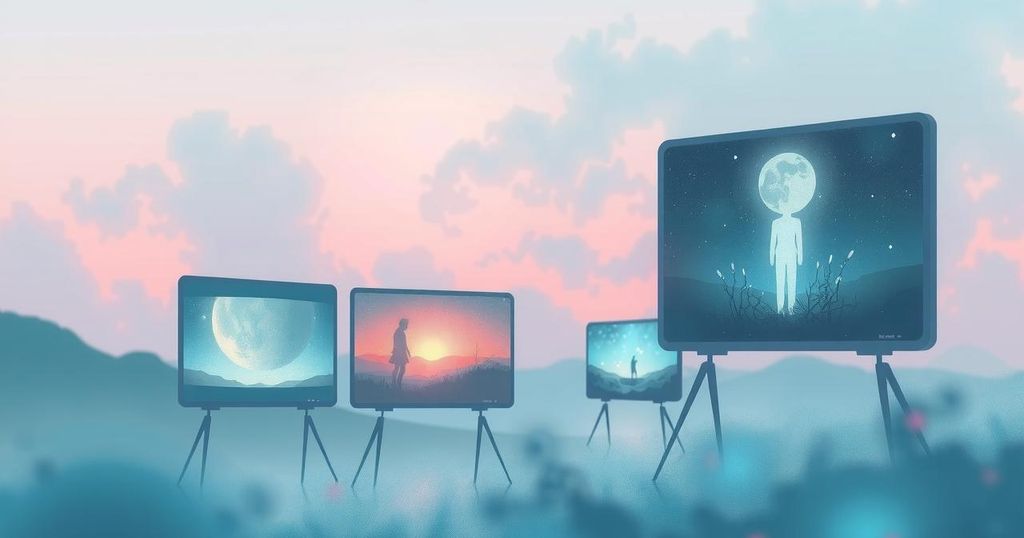Zuckerberg’s Tech Solutions to Loneliness Miss the Mark
Zuckerberg highlights America’s loneliness epidemic, noting that many feel disconnected, often only considering a few friends as close. He suggests AI could help, but many believe that’s a flawed perspective. With more time spent alone and fewer genuine connections, the article argues that society should prioritize fostering real human relationships over technological substitutes.
Mark Zuckerberg’s recent comments on loneliness have stirred some debate, and well, they might just shine a light on a growing issue in America. There’s talk about an epidemic of loneliness affecting folks of all ages, leaving many isolated and glued to their devices rather than spending time with family or friends. It’s a familiar scene: standing in a room filled with people yet feeling utterly disconnected, blanketed in a silence that even the chatter of social media can’t penetrate.
In a podcast, Zuckerberg claimed that many Americans consider only a handful of people—fewer than three—as friends, while they yearn for deeper connections, perhaps around 15 close friends. Sure, he’s onto something there, but his follow-up suggestion that artificial intelligence could fill this void? That’s quite the leap. Can a machine really fulfill our intrinsic human needs for intimacy and true connection? That’s up for debate, and not in a good way.
Zuckerberg seems to have overlooked a critical point regarding our relationship with technology. Once heralded as incredible tools for organizing and spreading information, platforms like Facebook have morphed. They’re no longer purely social or informational; they’re often portals to mindless scrolling that keep us entertained yet leave us feeling hollow. In 2023, the U.S. Department of Health and Human Services reported people now spend an entire extra day each month alone—and the number of close friendships plummeted, revealing a startling trend in loneliness.
In those years, we’ve seen a soaring engagement with social media, yet friendships fall to the wayside. Remember when Facebook was a fun way to reminisce with old friends? Now, it feels more like an addictive cycle of checking likes and scrolling through curated lives that often amplify feelings of inadequacy and dissatisfaction. It’s surreal how a device designed to connect us has instead erected barriers that keep us further apart.
When thinking about tech substitutes, it’s troubling—people are turning towards AI companions, seeking that rush of connection they lack with real friends. Sure, they may find temporary delight, but it often devolves into a hollow experience, leaving many wanting something more substantial. The allure of AI seems bright, yet it often dulls the reality of what true companionship entails.
The bottom line? We need to push for real, meaningful human interactions over pixelated substitutes. There’s a strong case for rethinking how we construct our communities—from urban planning to education. We should focus not on just technology’s next iteration, but on the nuts-and-bolts of fostering connection. If only those with bright minds could reorient their efforts towards building bonds instead of screens—we might see a more connected, less lonely society.
So, as intriguing as the idea sounds, perhaps we need to rethink our reliance on technology. It might be time to pivot our focus—because nothing beats the warmth and depth of human engagement.
In summary, while Zuckerberg points out a significant truth about loneliness in America, his faith in artificial intelligence as a solution is misguided. As tech becomes intertwined with social life, genuine connections suffer, leaving many feeling isolated despite the presence of devices. Ultimately, the focus should shift toward fostering deep human relationships rather than looking for tech-based solutions to fill that void.
Original Source: www.brookingsregister.com




Post Comment